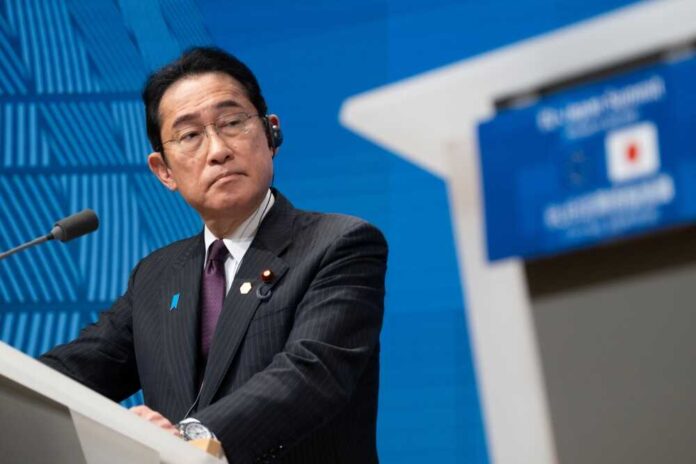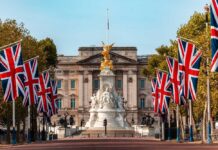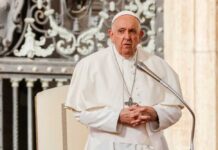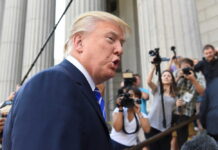
Japanese Prime Minister Fumio Kishida has apologized to his country and Parliament over a corruption scandal that has rocked his government. Prosecutors have indicted three lawmakers and seven of their aides for allegedly pocketing undeclared campaign funds. Dozens of members of Kishida’s ruling Liberal Democratic Party (LDP) have reportedly profited from fundraising event ticket sales and falsified mandatory accounts reports.
On January 29, the Tokyo District Prosecutors Office indicted seven people and accused them of not reporting $4.6 million over five years. Three aides were also charged with falsifying records.
Kishida removed several implicated lawmakers from his cabinet when the scandal broke last year, four ministers resigned in December, and the Prime Minister’s approval rating fell to 17%, the lowest in a decade. The Liberal Democratic Party has ruled Japan almost uninterrupted since 1955.
The scandal erupted last fall when newspapers began reporting that LDP officials, including lawmakers, were taking cash raised through ticket sales for fundraising events. Many of those implicated were part of the party’s Abe faction – a powerful group with 99 seats in Parliament. The faction is named after former Prime Minister Shinzo Abe, who was assassinated in 2022.
Prosecutors subsequently raided the offices of LDP officials and the separate Nikai faction, whose members are almost implicated. Five of the party’s six factions, including Prime Minister Kishida’s, are under investigation.
Political fundraising law in Japan does not allow donations to individuals, but the political factions that operate in the Japanese Parliament can fundraise and spread the proceeds among lawmakers as long as records are kept and reported. Only accountants may report the donations or sales proceeds, and unless lawmakers give explicit instruction to their accountants to falsify records, they cannot be charged with an offense.
Senior figures interviewed by investigators included former Chief Cabinet Secretary Hirokazu Matsuno and former Economy and Industry Minister Yasutoshi Nishimura, but no charges were brought against either because prosecutors could not prove collusion between lawmakers and accountants.














